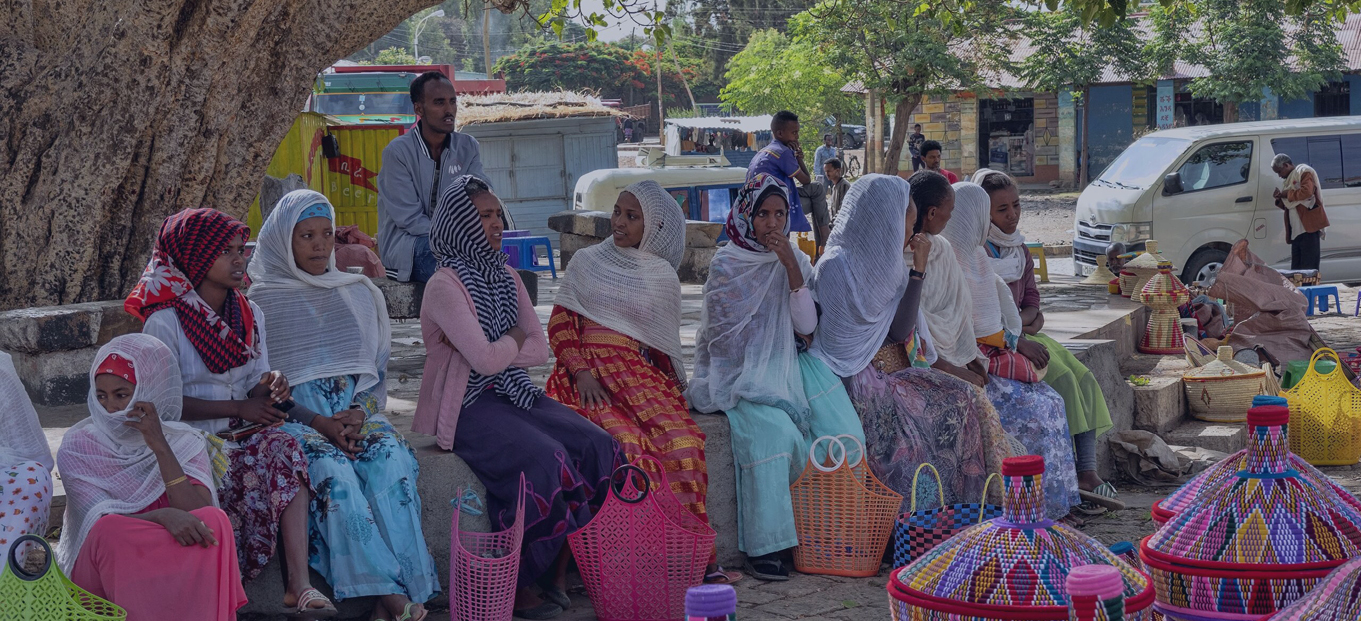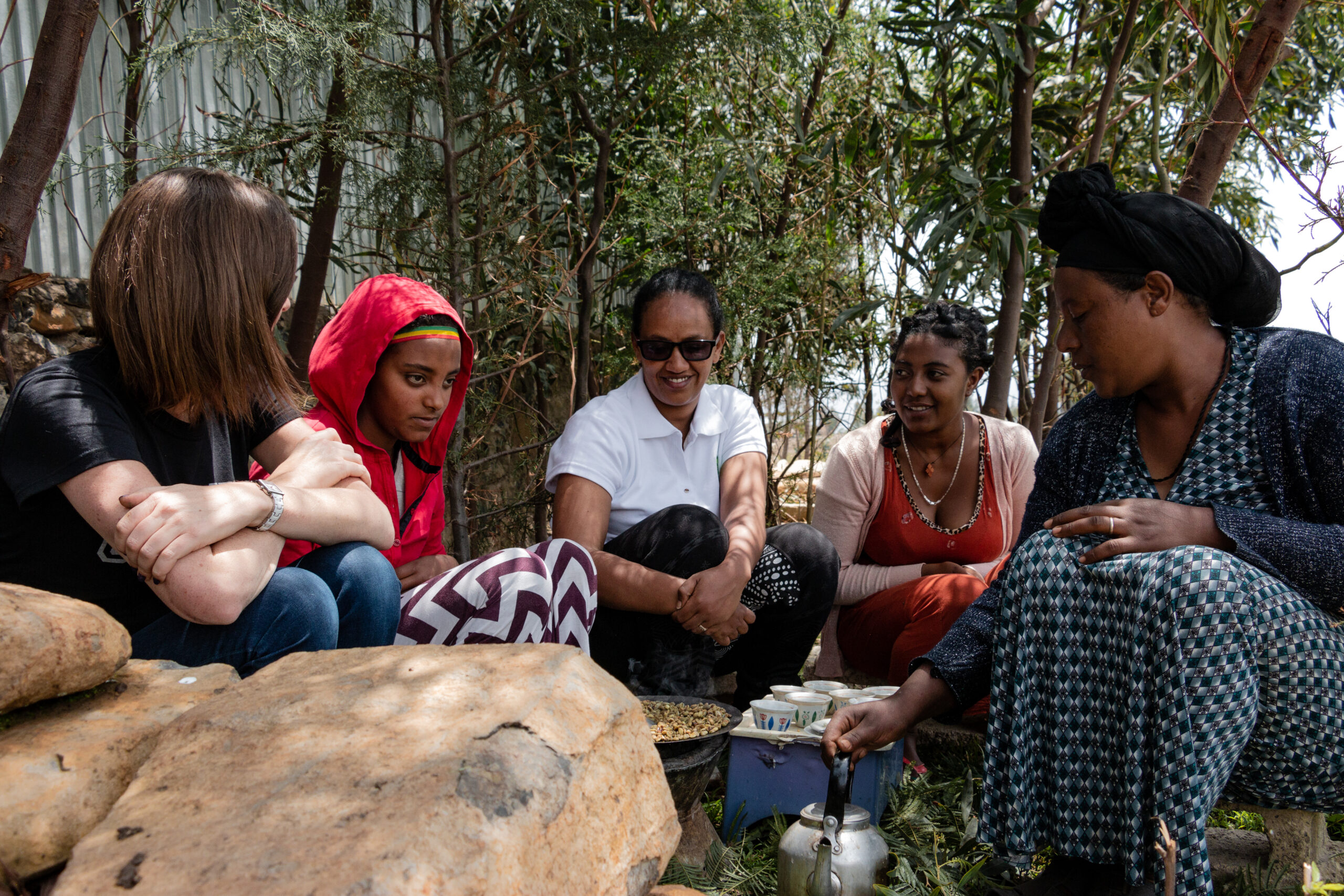Overview This blog emphasises the role of unpaid care work in women’s economic empowerment and the need for policies that consider its impact and prioritise interventions to reduce, recognise and redistribute the load. However, affecting policy change is complex. It requires taking advantage of opportune moments such as when political conditions are favourable, and when […]
Tag: Resources
By Hidaya Muhiden In Ethiopia, policymaking involves a designated institution responsible for formulating and drafting policies, with expert groups or consultancy firms providing assistance. Policies are disseminated to stakeholders for feedback and revisions and submitted for approval by the Council of Ministers. Policy advocacy involves facilitating discussions between influential figures, including opinion leaders and decision-makers, […]
By Hidaya Muhiden Public policies have a significant impact on citizens’ daily lives, and they can have both positive and negative effects that impact society’s interests and contentment. A public policy is defined as a purposeful course of action taken by government-connected actors in response to public concerns or issues. It provides a framework for […]
By Ethiopia Lemma Public policy is an essential element of governance and politics, as it serves to establish the rules and values of society through a collaborative effort between governments, institutions, and citizens. It is important to consider the significance of public policy, even for those who are not politically active. Public policy benefits the […]
By Hidaya Muhiden This blog discusses the status of gender equality in Ethiopia, highlighting the prevailing gender norms and their impact on women’s access to resources, education, and opportunities. Gender norms perpetuate inequality by dictating appropriate behaviours for men and women that maintain the status quo. These norms impact access to resources and freedoms, shaping […]
By Hidaya Muhiden Unpaid care work encompasses direct care of individuals and the domestic labour that facilitates it, and is vital for development, as it accounts for the majority of work hours for rural families, particularly poor women and girls. Unpaid caregiving is crucial for individual and societal well-being, but the disproportionate share completed by […]
By Hidaya Muhiden Unpaid care work has a significant and beneficial influence on the economy, families, and communities. The issue of unpaid care is a global problem that affects women in all parts of the world, regardless of their socioeconomic status or the level of development of their country. Although some nations have made progress […]


